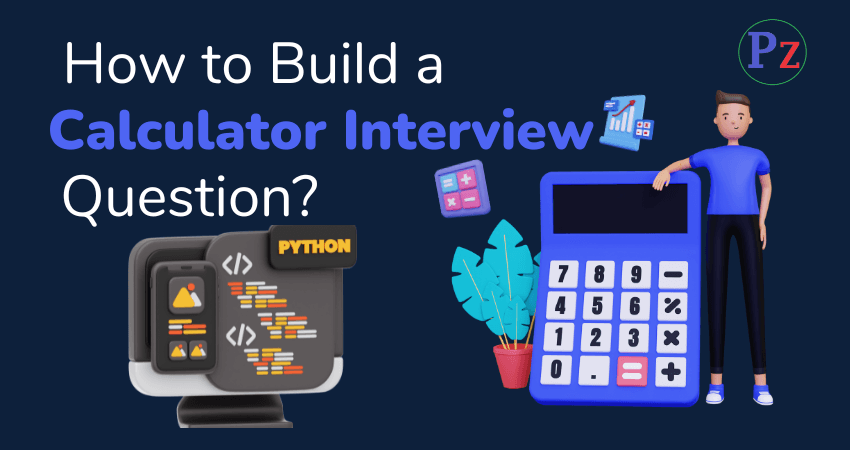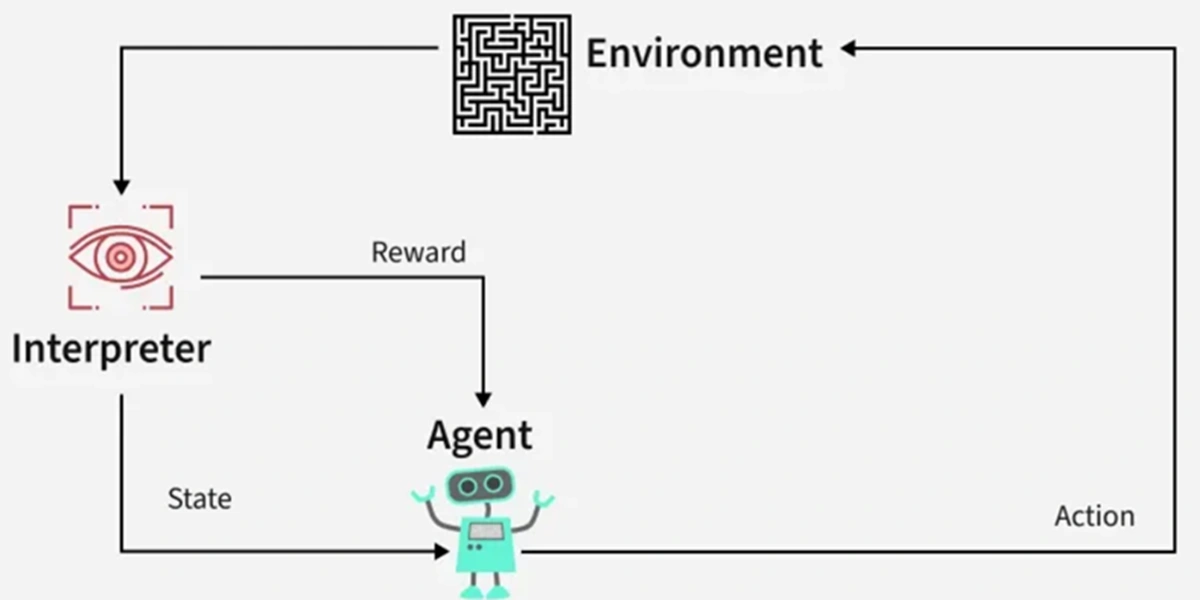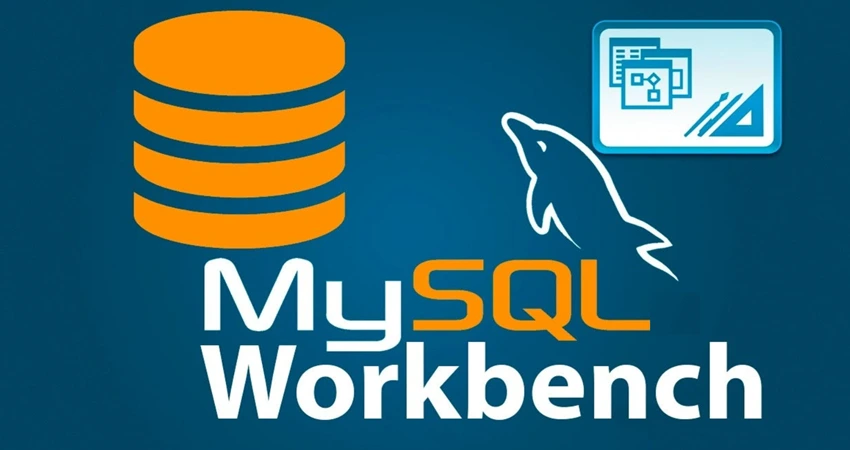Building a basic calculator is a common technical interview question for developers, often used to assess programming logic, control flow, and the ability to implement simple arithmetic operations.

Here’s a step-by-step guide on how to approach this type of question:
1. Understand the Requirements
The typical requirements of a calculator in an interview question involve handling basic operations like:
- Addition (
+) - Subtraction (
-) - Multiplication (
*) - Division (
/)
You may also be asked to handle more complex operations like:
- Modulus (
%) - Exponentiation (
^) - Parentheses for order of operations (optional, but advanced).
2. Choose Your Language
Before coding, confirm the programming language you are allowed to use. Popular choices include Python, Java, C++, or JavaScript. Each language has built-in functions for handling math, which can simplify your task.
3. Input Handling
You’ll need a way to take user input for the numbers and the operation. You can prompt the user or handle input via arguments (depending on the problem setup).
In Python, for instance, you can get input like this:
num1 = float(input("Enter first number: "))
num2 = float(input("Enter second number: "))
operator = input("Enter operator (+, -, *, /): ")
4. Control Flow
Use conditional statements to handle different operations based on the user’s input. For example:
if operator == '+':
result = num1 + num2
elif operator == '-':
result = num1 - num2
elif operator == '*':
result = num1 * num2
elif operator == '/':
if num2 != 0:
result = num1 / num2
else:
result = "Error! Division by zero."
else:
result = "Invalid operator"
5. Edge Case Handling
Consider the edge cases that might arise:
- Division by zero: This is a common edge case for division.
- Invalid operators: Handle inputs that don’t match the expected set of operators.
- Non-numeric inputs: If you have more time, you may want to add error checking for invalid number inputs.
For example:
try:
num1 = float(input("Enter first number: "))
num2 = float(input("Enter second number: "))
operator = input("Enter operator (+, -, *, /): ")
if operator == '+':
result = num1 + num2
elif operator == '-':
result = num1 - num2
elif operator == '*':
result = num1 * num2
elif operator == '/':
if num2 != 0:
result = num1 / num2
else:
result = "Error! Division by zero."
else:
result = "Invalid operator"
print(f"Result: {result}")
except ValueError:
print("Invalid input! Please enter numeric values.")
6. Enhancements (if applicable)
If you have time, you could:
- Add more operations like modulus (
%), exponentiation (^). - Implement order of operations (e.g., handling parentheses).
- Create a loop that allows the user to perform multiple calculations without restarting the program.
7. Optimization and Readability
Always aim to write clean, readable code. Use meaningful variable names, include comments if necessary, and break down your code into functions if the problem gets more complex.
For example, you could refactor the code into a function:
def calculate(num1, num2, operator):
if operator == '+':
return num1 + num2
elif operator == '-':
return num1 - num2
elif operator == '*':
return num1 * num2
elif operator == '/':
return num1 / num2 if num2 != 0 else "Error! Division by zero."
else:
return "Invalid operator"
This allows for easier testing and code reuse.
8. Testing
Ensure you test your solution with various inputs:
- Positive and negative numbers
- Edge cases like division by zero
- Invalid operator or inputs
Sample Input/Output:
Enter first number: 10
Enter second number: 2
Enter operator (+, -, *, /): /
Result: 5.0
Conclusion: This problem tests your understanding of basic programming concepts such as conditionals, loops, and error handling. Make sure your solution is efficient, handles edge cases, and produces correct results for various inputs.
| Read More Topics |
| Python data science interview questions |
| What programming language is LeetCode? |
| What does a mainframe developer do? |





